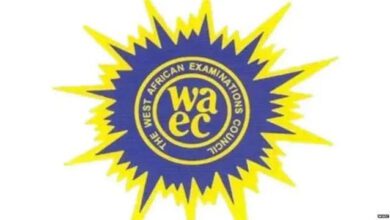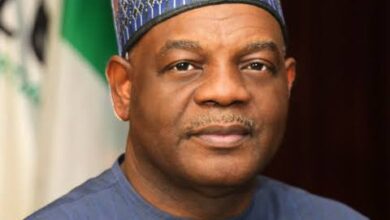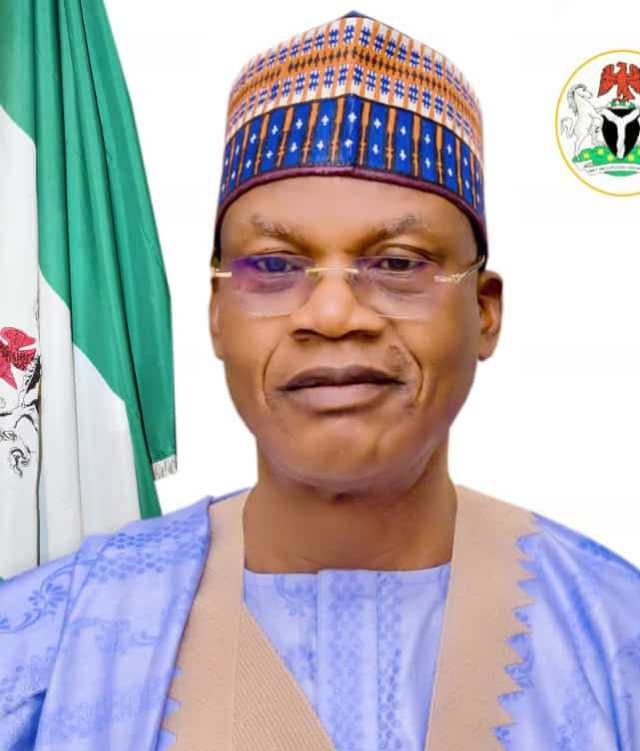20m Out-of-School Children: FG, States Urged To Reform, Improve Almajiri System

Following the alarming rise in the number of out-of-school children, the Federal and State Governments have been advised to address the problem by reforming the Almajiri system in Nigeria.
The call was in respect of the UNESCO report that over 20 million Children are out-of-school in Nigeria, and discontent over the failure of about 29 states of the federation to access N68 billion Universal Basic Education Commission (UBEC) funds to upgrade facilities and provide basic needs in primary schools.
Speaking during the anti-corruption radio programme, PUBLIC CONSCIENCE, produced by PRIMORG, on Wednesday in Abuja, Education Officer, Almajiri Child Rights Initiative (ACRI), Abdulmalik Abdulrazak, stressed the need for all hands to be on deck if Nigeria must address problems of out-of-school children, adding that priority must be placed on educating Almajiri children.
Abdulrazak, while acknowledging that Almajiri children constitute the greater mass of out-of-school children in the country, called for more awareness and sensitization of parents to take advantage of the existing free education at the primary school level.
He queried what the recently established National Commission for Almajiri and Out-of-School Children is doing to ameliorate the problems. He added that the Almajiri system, which seeks to acquire Islamic knowledge, has metamorphosed into a social challenge.
Abdulrazak called on the government to thoroughly monitor and evaluate funds spent on developing the educational sector, alleging that public schools have been turned into “money-making centers” by some officials, urging the government to ensure there’s value for monies spent.
“Some state governors have made Almajiri and out-of-school children their top agenda, but more work still needs to be done.
“The Almajiri Commission should kick start, and let’s see their activity. Most importantly, the public schools have been turned or reduced to money-making ventures for a few people. Budgetary allocations are being released monthly, and you see them running into their billions, and you see no sign of it in the classrooms,” Abdulrazak lamented.
He said, “The Almajiri system is an informal system of education. It has a lot to do with religious belief, doctrine, and tradition. The system needs reform and enrichment because Almajiri children find themselves in terrible conditions.
“Parents often want to send their children to go and acquire religious education, but the environment is where the children find themselves and the persons whose tutelage they find themselves under is of concern. “
On the failure of states to utilize UBEC funds to improve primary education, Abdulrazak said the political will of leaders remains a major challenge, adding that political officeholders prefer to send their advisors and representatives than go to schools to have an on-spot assessment of the dilapidation of infrastructure in public schools.
On his part, Educationist and Programme Manager of the Center for Educational Empowerment and Orientation, David Crown Oyebisi, said the number of out-of-school children signals a risky future for Nigeria.
Oyebisi accused past and present administrations of making little effort to address the out-of-school children menace, adding that lack of passion for education and political will by state governments are responsible for the inability of some of them to access UBEC funds.
He urged political officeholders to develop a passion for educating the people they represent, saying traditional and religious institutions have many roles to play in reducing the number of out-of-school children in Nigeria.
His words: “The government alone cannot address Almajiri and out-of-school issues. We need citizens’ religious and traditional institutions.
“But first, the government should address insecurity across the nation, there should be the provision of basic infrastructures and reduce poverty levels, and we need to do a house-to-house education and census to ascertain how many children are not in school
“It is very saddening to believe that from 10.5 million, we now have 20.2 million out-of-school children. The question is, don’t we have a government in this country? What has the government been doing all these years to attack this issue of out-of-school children.,” Oyebisi stated.
Public Conscience is a syndicated weekly anti-corruption radio program PRIMORG uses to draw government and citizens’ attention to corruption and integrity issues in Nigeria.
The program has the support of the MacArthur Foundation.






